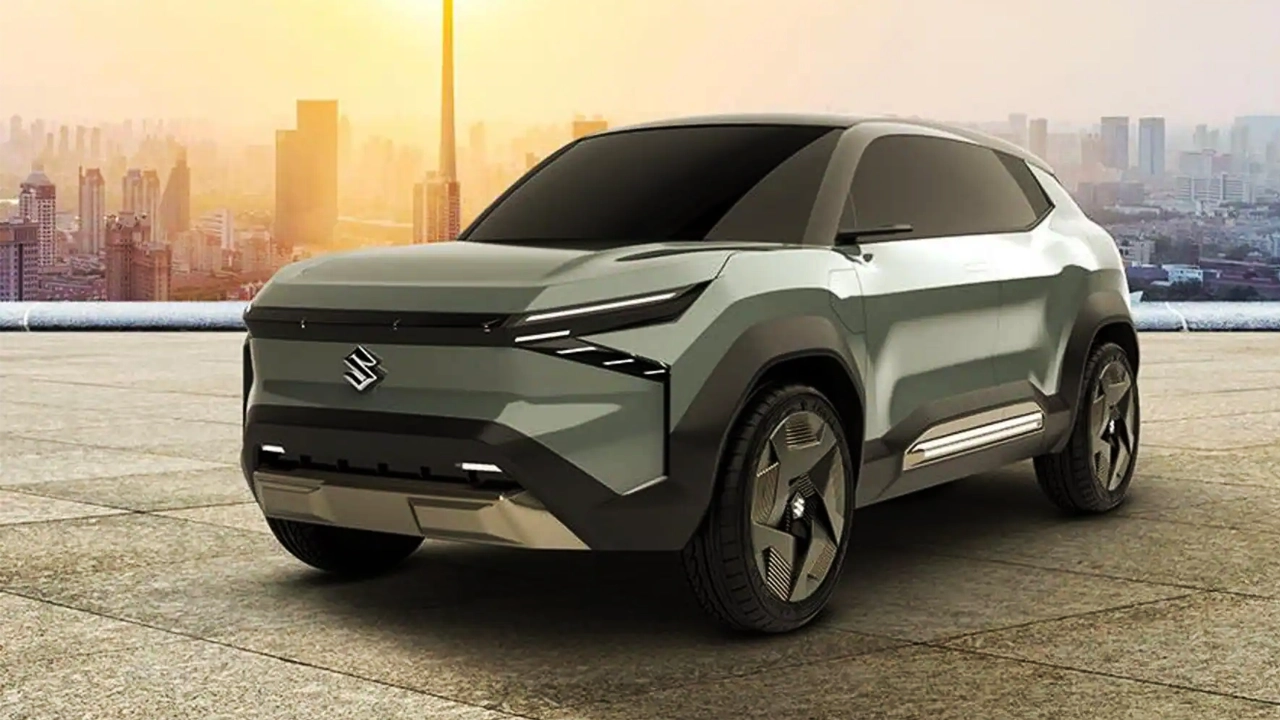Home »
In a significant move towards electrification, Suzuki Motor Corp announced on Friday that it will cease the production of cars and trucks in Thailand by the end of 2025. This strategic decision aims to reallocate resources towards the manufacturing of electric and hybrid vehicles in other regions.
A Strategic Shift Towards Electrification
Suzuki’s decision to halt production in Thailand is part of a broader strategy to promote carbon neutrality and optimize its global production sites. The Japanese automaker emphasized that this move is essential to meet the increasing demand for electric and hybrid vehicles. By shifting focus, Suzuki aims to strengthen its position in the rapidly evolving automotive market.
“We are committed to promoting carbon neutrality and electrification globally. This decision to close our plant in Thailand is a strategic move to optimize our production sites within the group,” Suzuki stated.
Continuation of Sales and Services in Thailand
Despite ceasing local production, Suzuki plans to continue its sales and after-sales services in Thailand. The company will import vehicles, including electric and hybrid models, from other plants located within the Association of Southeast Asian Nations (ASEAN), Japan, and India. This ensures that Thai customers will still have access to Suzuki’s latest models and services.
Impact on the Local Workforce
The 12-year-old plant in Rayong province, operated by Suzuki Motor Thailand Co, has an annual production capacity of 60,000 units and employs approximately 800 people. The plant’s closure marks a significant shift in the local automotive landscape.
Competitive Pressures and Industry Challenges
Japanese automakers, including Suzuki, face intense competition from Chinese manufacturers in Thailand. Additionally, there is growing pressure to produce more electric and hybrid vehicles. Suzuki’s move aligns with its goal to introduce a lineup of six EV models by 2030-2031, starting with the launch of its first EV in India next year, which will also be exported to Japan and Europe.
Broader Implications for Thailand’s Automotive Industry
This announcement comes at a challenging time for Thailand’s automotive industry. According to the Federation of Thai Industries (FTI), around 1,600 to 1,700 factories have already shuttered earlier this year due to the economic slowdown, merger plans, or rising operating costs. FTI chairman Kriengkrai Thiennukul noted that domestic sales are sluggish, and exports have decelerated compared to neighboring countries.
“We cannot be nicknamed the ‘Detroit of Asia’ anymore as Malaysia is replacing us,” said Mr. Kriengkrai.
- Audi GT50 Concept: A Loud Reminder of Why Car Enthusiasts Fell in Love With Audi
- Nearly 30% of UK Drivers Believe Car Tax Should Be Based on Mileage — Survey
- Why Planes and Boats Escaped the Luxury Tax But Cars Didn’t
- Australia’s Headlight Confusion: Authorities Warn Drivers After Viral $250 Headlight Rule Goes Wild Online
- 2025 Hyundai Venue Facelift Launched in India – Full Details, Variants, and Price
Looking Ahead
Suzuki’s strategic shift underscores the dynamic changes within the global automotive industry as companies adapt to new technologies and market demands. By focusing on electric and hybrid vehicles, Suzuki aims to stay competitive and contribute to a more sustainable future.
Conclusion
Suzuki’s decision to halt production in Thailand by 2025 marks a significant step towards its commitment to electrification and carbon neutrality. While this move impacts the local workforce and the broader Thai automotive industry, it aligns with global trends towards sustainable transportation solutions. As Suzuki continues to innovate and adapt, customers in Thailand and beyond can expect to see an exciting lineup of electric and hybrid vehicles in the coming years.
